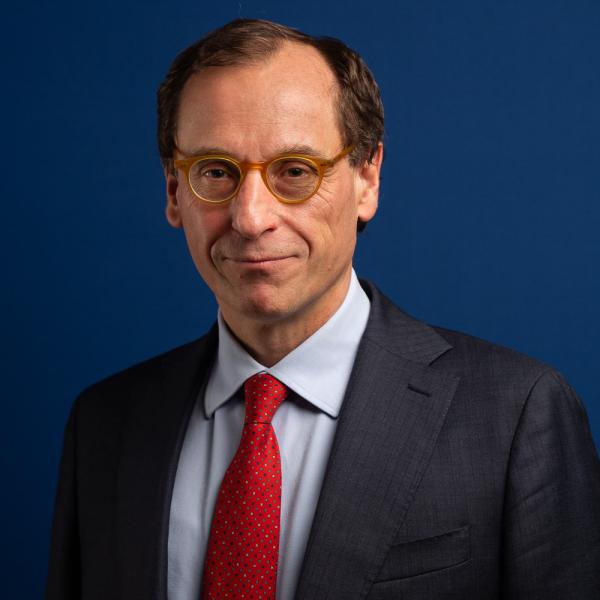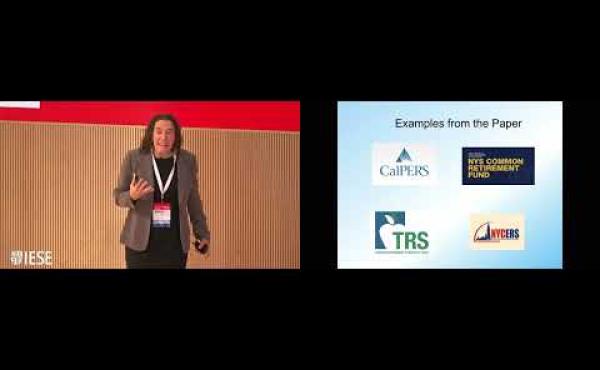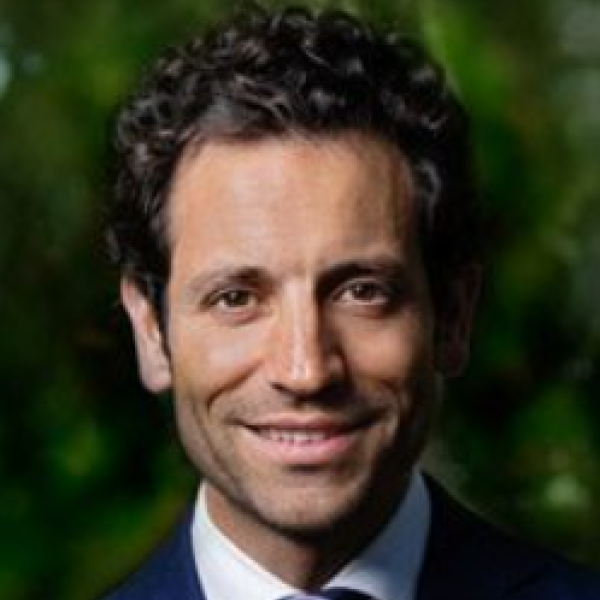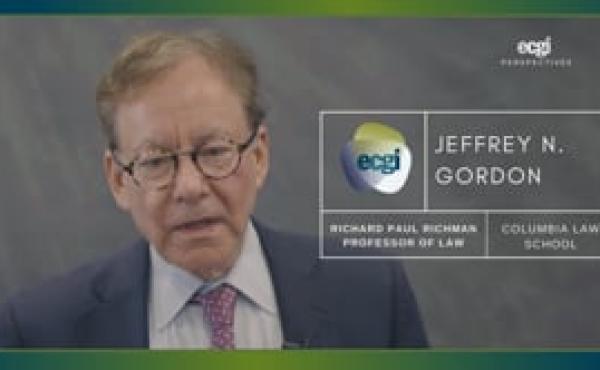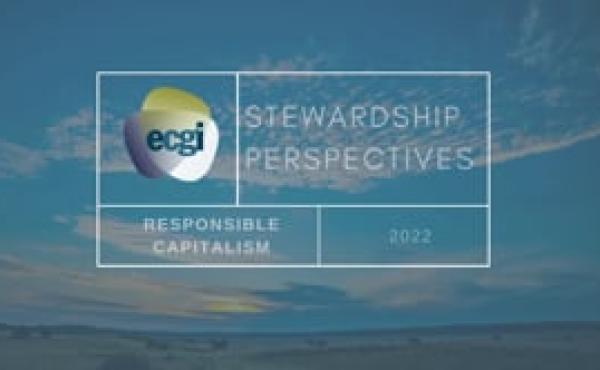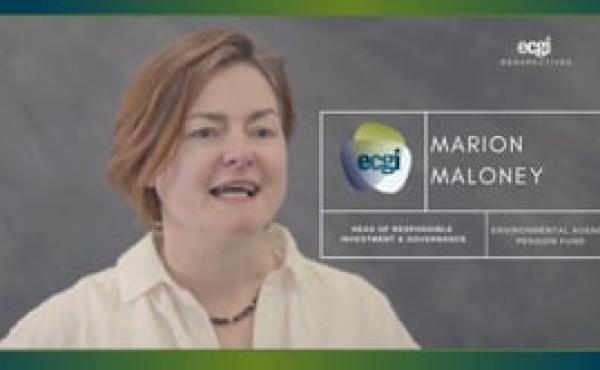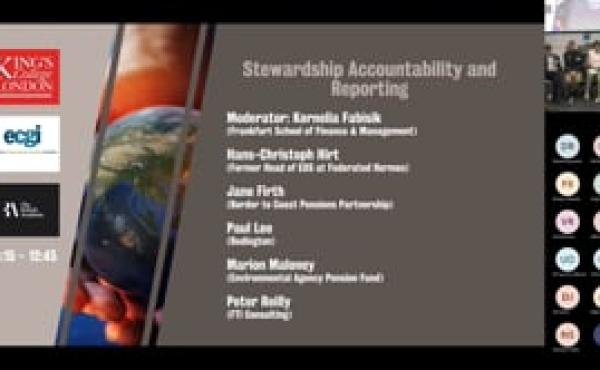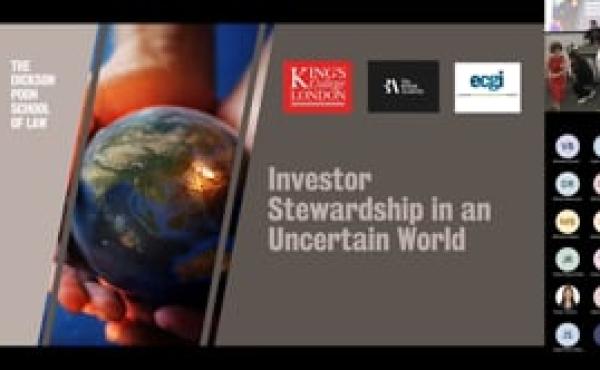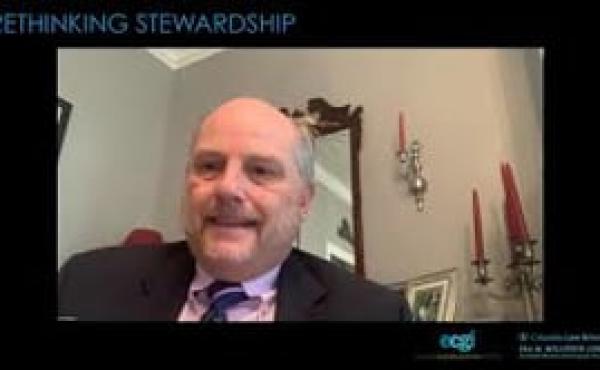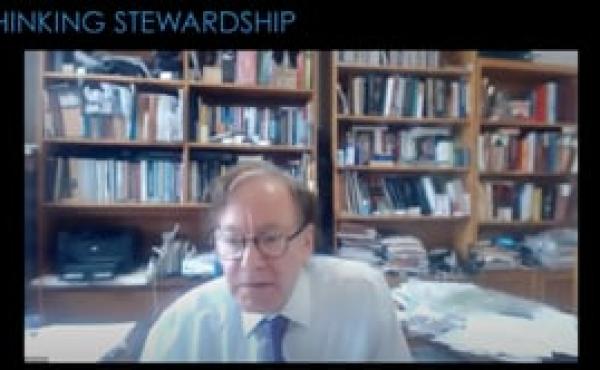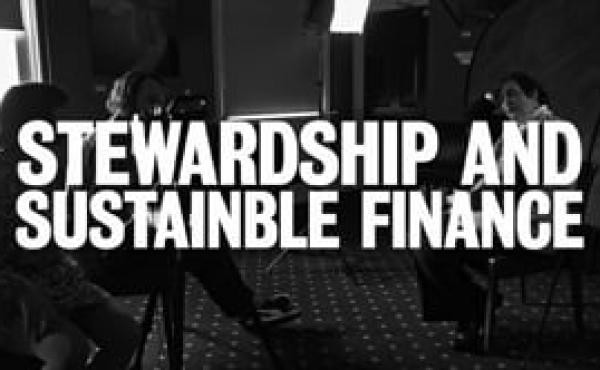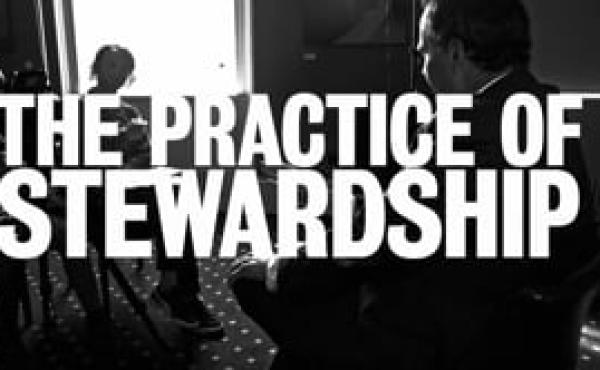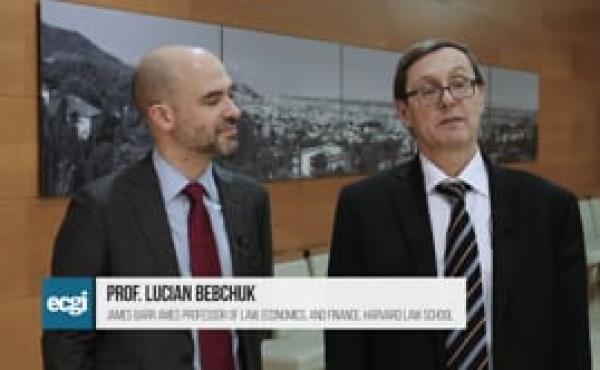Stewardship

Stewardship
Stewardship is an important concept in corporate governance, which can apply to a range of corporate participants, including the state, directors and shareholders. In recent times, however, the focus in this area has been on shareholder stewardship, specifically on the rise of Shareholder Stewardship Codes.
Shareholder Stewardship Codes reflect the growing influence of institutional investors. The codes, which first appeared in the aftermath of the 2007-2009 global financial crisis, represented a response to concern that institutional investors had been too passive in providing oversight during the crisis. These codes encouraged shareholders to exercise their legal rights and increase their level of engagement in corporate governance as a constraint on managerial power and excessive risk-taking.
The United Kingdom became the first jurisdiction to adopt a Stewardship Code in 2010, following a recommendation of the Review of Corporate Governance in UK Banks and Other Financial Entities (the Walker Review). on corporate governance in financial institutions. A revised version of the code, which operates on a voluntary basis, was released in 2012. It has been said that the UK Stewardship Code’s underlying premise is that institutional investors have a non-delegable duty to engage with companies in which they invest. The Code promoted enhanced shareholder engagement in corporate governance on the basis that it would benefit companies, investors and the economy as a whole. In January 2019, the UK Financial Reporting Council (FRC) released proposed revisions to the Stewardship Code, which, according to the FRC, were designed “to set new and substantially higher expectations for stewardship”.
Stewardship Codes have become increasingly popular internationally. Japan adopted its own version in 2014, and more than twenty jurisdictions, many of which are in Asia, have now followed suit.
Although the Stewardship Code phenomenon might at first sight suggest corporate governance convergence, there are many differences in Stewardship Codes around the world, which can influence their effectiveness. For example, whereas some are issued by regulators or quasi-regulators on behalf of the government, others have been issued by market participants or investors themselves. In the United States, for example, an investor-led Stewardship Code was introduced in 2017, with the release by the Investor Stewardship Group (“ISG”) of its Framework for US Stewardship and Governance. Although the ISG framework is voluntary, it has the backing of some of the world’s largest asset managers, including founding members, such as BlackRock, State Street Global Advisors and Vanguard.
A common theme in contemporary international Stewardship Codes, regardless of their issuing body, is the need for long-term, sustainable investment horizons. Also, Stewardship Codes increasingly promote ESG issues.
In the relatively short time they have been on the corporate governance radar, Stewardship Codes have provoked a considerable amount of controversy. Some commentators have suggested that shareholder stewardship is unlikely to be effective, because investors often lack appropriate incentives to become engaged in corporation governance and traditional free-riding issues will continue to apply in this context. For example, it has been argued that institutional investors, particularly index funds, direct very limited resources to oversight of their portfolio companies. It has also been suggested that the voluntary, “comply or explain” nature of Stewardship Codes will necessarily undermine their effectiveness. Finally, some critics of the stewardship movement argue that the whole concept of shareholder stewardship is dangerous and antithetical to contemporary regulatory developments, which focus on an enhanced social purpose for corporations.
This page is intended as a resource for issues pertaining to stewardship and corporate governance as examined through the disciplines of economics, business strategy, law and other areas.
Queries, suggested inclusions, and project funding proposals should be directed to Prof. Jennifer Hill (jennifer.hill@sydney.edu.au).
*****
Resources:
Academic Papers:
- Lucian Bebchuk and Scott Hirst, “Index Funds and the Future of Corporate Governance: Theory, Evidence, and Policy” (13 March 2019)
- Alon Brav, Wei Jiang, Tao Li, James Pinnington, “Picking Friends Before Picking (Proxy) Fights: How Mutual Fund Voting Shapes Proxy Contests” (13 March 2019)
- Christoph Van Der Elst, “Shareholder Engagement and Shareholder Voting Modes: Two of a Different Kind” (4 February 2019)
- Nicholas Gantchev and Mariassunta Gianetti, “The Costs and Benefits of Shareholder Democracy” (20 December 2018)
- Jennifer G. Hill, “Good Activist/Bad Activist: The Rise of International Stewardship Codes” (25 September 2017)
- Joseph McCahery and F. Alexander de Roode, “Co-investment of Sovereign Wealth Funds in Private Equity” (1 December 2016)
- Assaf Hamdani, Eugene Kandel, Yevgeny Mugerman, Yishay Yafeh, “Incentive Fees and Competition in Pension Funds: Evidence from a Regulatory Experiment” (1 February 2016)
- Amil Dasgupta and Georgia Piacentino, “The Wall Street Walk When Blockholders Compete for Flows” (1 June 2014)
- Jill Fisch and Tess Wilkinson-Ryan, “Why Do Retail Investors Make Costly Mistakes? An Experiment on Mutual Fund Choice” (1 July 2013)
- Hao Liang, Luc Renneboog, Sunny Li Sun, “A State-Stewardship View on Executive Compensation” (1 July 2013)
- Martin Gelter, “The Pension System and the Rise of Shareholder Primacy” (1 June 2012)
- Mariassunta Gianetti and Luc Laeven, “Pension Reform, Ownership Structure and Corporate Governance: Evidence from a Natural Experiment” (1 June 2007)
- Martin Cremers and Roberta Romano, “Institutional Investors and Proxy Voting: The Impact of the 2003 Mutual Fund Voting Disclosure Regulation” (1 April 2007)
- William Bratton, “Hedge Funds and Governance Targets” (1 February 2007)
- Marco Becht, Julian Franks, Colin Mayer, Stefano Rossi, “Returns to Shareholder Activism: Evidence from a Clinical Study of the Hermes U.K. Focus Fund” (1 December 2006)
- Marcel Kahan and Edward Rock, “Hedge Funds in Corporate Governance and Corporate Control” (1 July 2006)
- Bernard Black and T.C. Hu, “Hedge Funds, Insiders and the Decoupling of Economic and Voting Ownership: Empty Voting and Hidden (Morphable) Ownership” (1 March 2006)
- Luc Renneboog, Jenke ter Horst, Chendi Zhang, “Is Ethical Money Financially Smart?” (1 February 2006)
- Ajay Khorana, Henri Servaes, Lei Wedge, “Portfolio Manager Ownership and Fund Performance” (1 August 2006)
- João F. Cocco and Paolo Volpin, “The Corporate Governance of Defined Benefit Pension Plans: Evidence from the United Kingdom” (1 March 2005)
- Arad Reisberg, “The UK Stewardship Code: On the Road to Nowhere?” (2015) 15 Journal of Corporate Law Studies 217
- Brian R. Cheffins, “The Stewardship Code’s Achilles Heel” (2010) 73 Modern Law Review 1004
Policy papers, reports, viewpoints and speeches:
- Financial Reporting Council (FRC), The UK Stewardship Code (September 2012)
- Financial Reporting Council (FRC), “Proposed Revisions to the UK Stewardship Code”, Annex A, Revised Stewardship Code” (January 2019)
- Financial Reporting Council (FRC), “Proposed Revisions to the UK Stewardship Code, Annex B, Summary of Changes from 2012 UK Stewardship Code” (January 2019)
- Investor Stewardship Group (ISG), Stewardship Framework for Institutional Investors (January 2017)
- Financial Services Agency (FSA), Principles for Responsible Institutional Investors “Japan’s Stewardship Code” (29 May 2017)
Blog posts:
****
Contact:
Prof. Jennifer Hill


































